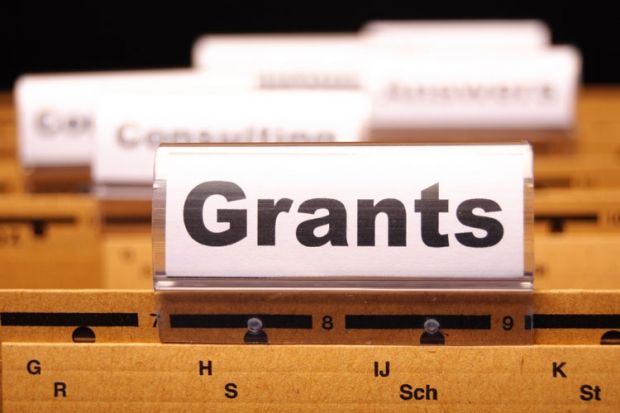Natural Environment Research Council
Research grants
- Award winner: Silvio De Angelis
- Institution: University of Liverpool
- Value: £373,842
Assessing the strength of volcanic eruptions using acoustic infrasound measurements
- Award winner: Claire Waterton
- Institution: Lancaster University
- Value: £197,796
Holistic decision-support system for organic slurry storage and treatment techniques for maximum nutrient use efficiencies (SLURRY-MAX)
- Award winner: Roger Butlin
- Institution: University of Sheffield
- Value: £544,670
Routes to speciation in Littorina
National Institute for Health Research
Health Technology Assessment programme
- Award winner: Rachel McNamara
- Institution: Cardiff University
- Value: £1,193,553
A pragmatic randomised controlled trial of sensory integration therapy versus usual care for sensory processing difficulties in autism spectrum disorder in children: impact on behavioural difficulties, adaptive skills and socialisation (SenITA)
- Award winner: Steve Halligan
- Institution: University College London
- Value: £248,773
Prognostic biomarkers to identify patients with severe Crohn’s disease: systematic review, meta-analysis and prognostic model with external validation
Leverhulme Trust
Research project grants
Humanities
- Award winner: Nathaniel Hansen
- Institution: University of Reading
- Value: £101,062
The psychology of philosophical thought experiments
- Award winner: Christopher Briggs
- Institution: University of Cambridge
- Value: £319,133
Living standards and material culture in English rural households, 1300–1600
Sciences
- Award winner: Georgina Cosma
- Institution: Nottingham Trent University
- Value: £115,355
Novel approaches for constructing optimised multimodal data spaces
- Award winner: Daniele Leonori
- Institution: University of Manchester
- Value: £105,569
Visible-light mediated synthesis of nitrogen-centred radicals
- Award winner: Gyaneshwar Srivastava
- Institution: University of Exeter
- Value: £228,338
Tuning thermal transport in nanocomposites with size, shape and interface control
In detail
Award winner: John Divers
Institution: University of Leeds
Value: £165,945
Thinking counterfactually: how ‘would have been’ reveals what is and what must be
Everyone will be familiar with counterfactuals, even if not by that name. For example, if you get caught in the rain, you might rage that if you had had an umbrella, you wouldn’t be wet. Statements that take the form “if A had been, then B would have been” often intrude on our thinking, and there is reason to think that they can tell us something about what is and what must be. This project will explore this idea. “The main objective is to make sense of this habit that we have – of speaking (and thinking) – counterfactually”, Shyane Siriwardena, postdoctoral fellow in philosophy at the University of Leeds, told Times Higher Education. “Researchers want to discover why it’s useful and how it’s useful. How does it tell us about the way the world is? How does it tell us about what we ought to do when faced with a decision? How does it tell us what has to be the case?”
